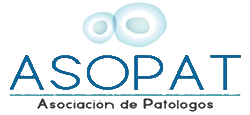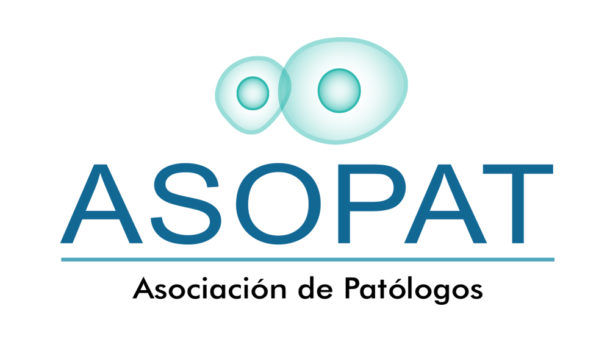Introduction
Collaborative research has become increasingly established in the realm of Ph. Debbie. dissertation projects, enabling college students to pool their know-how, resources, and perspectives to be able to tackle complex issues. Nevertheless , this collaborative journey is not really without its ethical for you to. In this article, we delve into the ethical implications of collaborative research for Ph. G. dissertations, addressing issues in connection with authorship, contributions, and issues of interest.
The Rise for Collaborative Dissertation Research
Collaborative research offers numerous pros, such as access to diverse proficiency sets, expanded data causes, and enhanced research functions. In the context of Ph. D. dissertations, it can be in particular beneficial for addressing multifaceted study questions. However , this collaborative approach brings phddissertation.info forth honourable challenges that require careful consideration.
Honorable Considerations in Collaborative Coursework Research
Authorship and Attribution:
One of the primary ethical dilemmas within collaborative dissertation research is determining authorship. Questions often appear about who deserves authorship credit and how contributions ought to be acknowledged. This can lead to difficulties of fairness, recognition, and disputes.
Mitigation Strategies:
Flourish clear authorship guidelines around the project’s outset, outlining standards for authorship and contribution levels.
Use collaboration arrangments made or authorship contribution phrases to document individual donations.
Engage in open and transparent communication among collaborators to treat authorship concerns promptly.
Identical Contributions:
Collaborators may have different levels of involvement and charitable contributions to the research. Ensuring justness in recognizing these efforts is an ethical imperative.
Mitigation Strategies:
Differentiate between most important and secondary contributors, admitting the distinct roles each one plays.
Consider dual first-authorship or joint authorship for people with equal contributions.
Openness in Data Sharing and Access:
Collaborative research usually involves sharing data in addition to resources. Ethical questions arise when determining who really should have access to these assets, and also when and how they should be discussed.
Mitigation Strategies:
Create records sharing agreements that outline the terms and conditions of data obtain, use, and sharing.
Make certain compliance with legal and also ethical standards governing facts access and sharing.
Disputes of Interest:
Collaborators may have financial, personal, or professional hobbies that could potentially bias the study or its outcomes.
Mitigation Strategies:
Declare potential differences of interest upfront and transparently in research proposals and also publications.
Establish an independent analysis committee to assess and process conflicts when necessary.
Data Usage and Intellectual Property:
Figuring out ownership of research data and intellectual property beliefs, or practices can be complex, particularly when many different collaborators are involved.
Mitigation Methods:
Establish agreements regarding information ownership, intellectual property, in addition to publication rights early within the research process.
Clearly establish responsibilities for data current administration, retention, and sharing.
Summary
Collaborative research for Ph. D. dissertations offers the commitment of innovative and considerable scholarship. However , ethical concerns cannot be overlooked in the quest for academic excellence. Navigating the very ethical implications of collaborative research requires open connecting, transparency, and a commitment to be able to fairness.
Doctoral students participating in collaborative dissertation research shouldn’t only strive to meet the optimum ethical standards but also come to be well-informed about ethical methods and best practices. By approaching ethical concerns related to authorship, contributions, conflicts of interest, and also data management, researchers can uphold the integrity in their collaborative projects and contribute to the responsible advancement of knowledge. Collaborative research, when conducted ethically, has the potential to yield transformative insights and shape innovations in academia.


Comentarios recientes